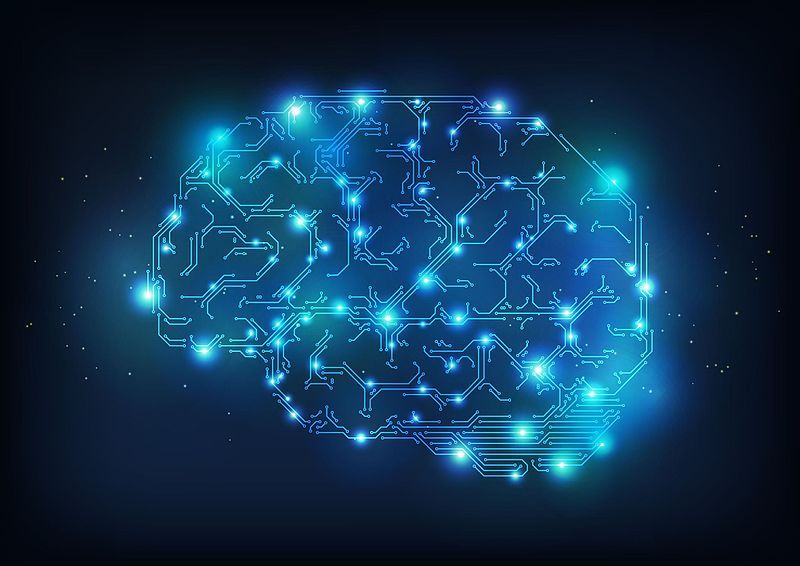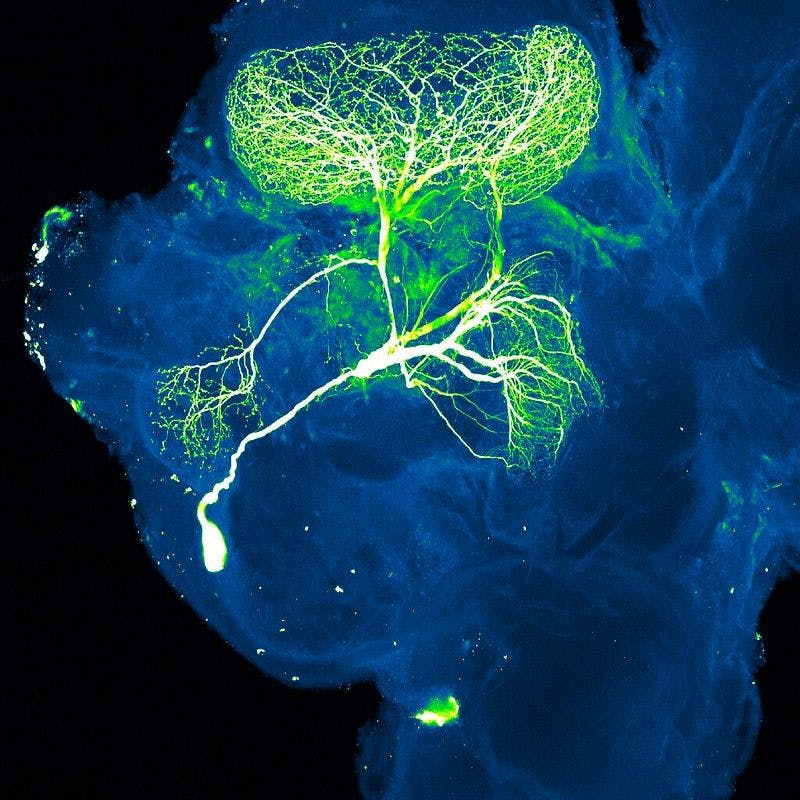Neuroscience: Is Consciousness Research Avoiding Mental Health?
by
June 28th, 2023
Audio Presented by

Conceptual Biomarkers and Theoretical Biological Factors for Psychiatric and Intelligence Nosology https://ln.run/Fqx1X
About Author
Conceptual Biomarkers and Theoretical Biological Factors for Psychiatric and Intelligence Nosology https://ln.run/Fqx1X
